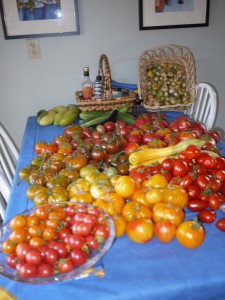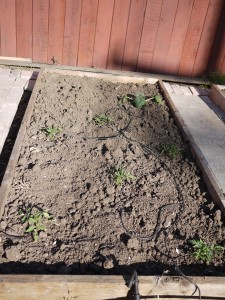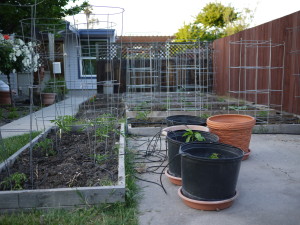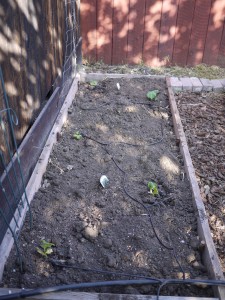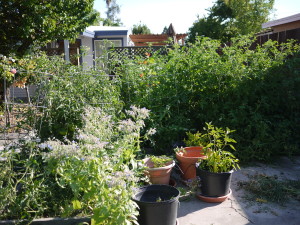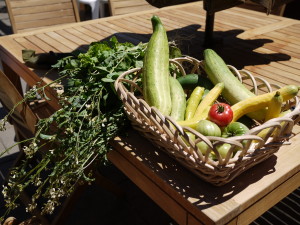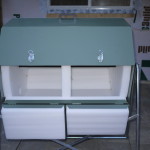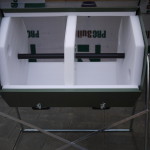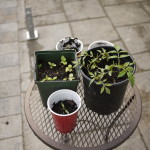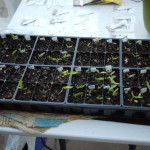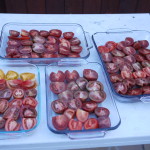In the last two months, I’ve received two calls that reminded me that start-up founders, employees, and the self-employed have huge legal issues outside of traditional start-up law.
So, I’ve decided to make a Public Service Announcement: If you are self-employed or involved in an early-stage start-up, consider the following issues and seek the appropriate professionals to address them if appropriate.
1. LIFE INSURANCE. If you are:
a) an American citizen who is a start-up founder, an early stage start-up employee, or self-employed;
b) not financially independent (Note: you are financially independent *only* if you work because you want to, but you don’t have to, and you won’t have to work anytime in the future, either);
c) and you have dependents;
then you need life insurance. Period. Unlike many more traditional careers, these groups don’t have any form of pre-negotiated survivor benefit plan. If you are a major financial contributor to your dependents’ needs, then even if you are fully vested into social security, unfortunately, it is almost certain that SS survivor benefits will not be sufficient to support your family if you die.
2.DESIGNATED DECISION MAKERS. You need a designated decision maker who can manage things for you if you become incapacitated or die. Yes, thinking about this is not pleasant. But many of the individuals I work with do not have estate plans and are unmarried. In the event something happens to them, their next of kin will be involved in all aspects of their life (including their business). If you are not absolutely certain that every state/country where you have assets, business, contracts, or potential health issues recognizes the person you want as your next-of-kin decision maker, then you *need* to visit an estate planning attorney to figure out what documents are necessary to ensure that the person you want in charge is able to make decisions (either financially, health-wise, or both). Founders, in addition to seeking input from an estate planning attorney, you should discuss this potential issue with your corporate attorney to understand what provisions already exist in your corporate formation documents regarding exercise of a founder’s voting rights in the event of a Founder’s death or incapacity.
3. CENTRALIZED DOCUMENT/ACCOUNT MANAGEMENT. In the event of an emergency, you need one location where your decision maker knows to go that outlines where and how to access all important online and physical bank, investment, credit card, billed accounts, title documents, health documents (advance care directives!), insurance policies, and anything else that may be critical. The actual rights and responsibilities that your decision maker will have with respect to the information you store varies in each situation (again, see an estate planning attorney), but if you don’t have the information in a location where your decision maker can access it, they will be completely unable to act on your behalf.
4. HEALTH INSURANCE AND DISABILITY INSURANCE. The self-employed often struggle with health and disability insurance as it is can be very expensive outside of the guaranteed issue employer market (try large industry organizations or NASE). Some early stage start-ups don’t offer medical insurance due to budget constraints and many early stage start-ups don’t offer disability insurance. Much like life insurance, if you have dependents, you should seriously consider whether you need one or both of these insurance products before you are working the start-up or self-employed sprint and unable to focus on anything outside of the business’s growth trajectory.
**NOTE: I do not practice estate planning law, insurance law, or corporate law outside of technology transactions. This post, like all of my posts, does not contain legal advice and I did not become your lawyer solely because you read it. It is very possible that your situation is unique and that all of the issues I raised for consideration above do not apply to you.



